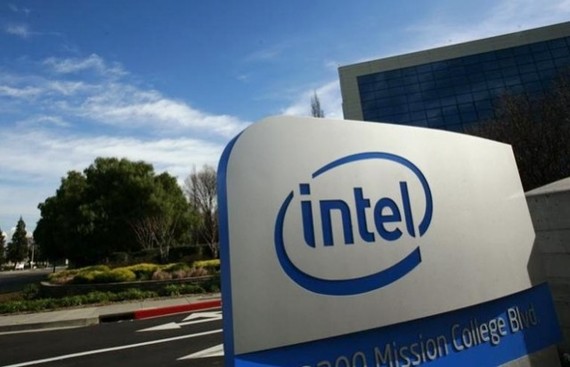To Revive its Business, Intel Plans to Sell its Nand Memory-chip for $9 Billion

Intel has decided to sell its Nand memory-chip subsidiary to South Korea’s SK Hynix for a deal of $9 billion. Lately, the Intel memory –chip has slipped. Thus, the semiconductor giant is trying to restructure its business and prioritize its main business and it intends that exiting from the memory industry would aid in business recovery.
In spite of large investments in flash memory, Intel has not been able to grow as a big player in the semiconductors that have been used in storage devices inside computer hard drives and consumer electronics. As the commodity market considers memory, leadership, and size as the necessary features to generate profits in the long run.
However, Intel is taken a smart move to give up on memory, as the company considers this move could help the company’s bottom line. Lately, Raymond James has predicted that Intel could boost its annual free cash flow by $2million if it vends the memory business. Also, the prospects of this part of the chip industry are not very promising. According to the analyst, the market leader Samsung is willing to flood the market if necessary to defend its leading position, skipping the maintaining of its price, as other small players could not make it up to Samsung.
Additionally, Sanjay Mehrotra, CEO of Micron Technology has also pointed out that it is difficult industry dynamics during his earnings call last month. He further hinted that the industry has to cut down the factory investments for chipmakers to enhance their market’s profitability. Hence, Intel is giving up on this fight.
Moreover, Intel has to focus on its primary businesses - central-processing unit (CPU) chip. It is noticeble that the company has got distracted with several needless acquisitions and forays into disparate markets like smartphone wireless chips, security software, and programmable FPGA chips. But, these would not matter if at all the company loses technical leadership in the CPU market. However, in July, Intel has announced that its next-generation chip based on 7-nanometer manufacturing technology would get delayed further. Thus, the analysts now believe that Advanced Micro Devices holds the prime position to make the fastest, and best performing processors for several years.
Although, a $9 billion deal may not sort out the problems of a $200 billion company. Yet, it is a step towards drawing Intel's focus to its primary business.
